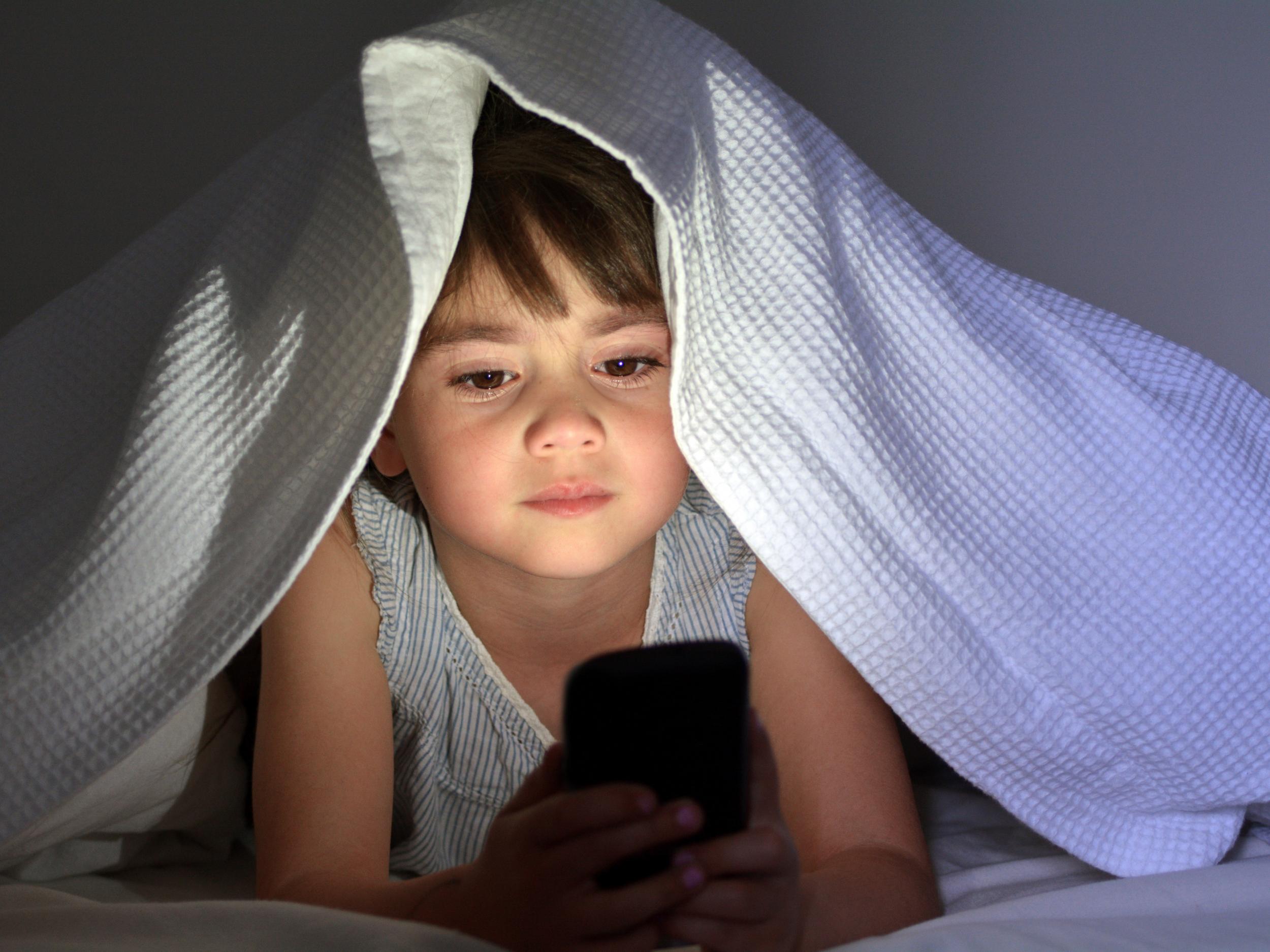Psychiatrists urged to consider impact of social media use on all children they assess for mental health problems
Questions about technology use should be routine part of mental health assessments amid growing concern it can influence children to self-harm, says Royal College of Psychiatrists

Psychiatrists are being urged to consider the impact of social media use on all children they assess for mental health problems.
In an unprecedented move, the Royal College of Psychiatrists (RCP) said questions about technology use should be a routine part of mental health assessments, in a bid to ensure that clinicians “keep up” with changes in digital technology.
It said harmful online content such as images of self-harm or material promoting eating disorders could have an impact on an existing mental illness, with some youngsters seen copying their peers’ harmful behaviour online.
The calls come amid growing concern about possible links between harmful content or excessive time spent online and poor mental health.
Earlier this month, MPs suggested that addiction to social media should be classed as a disease as part of tough new regulations to protect children from firms operating in an “online wild west”.
The government is expected to announce plans for an independent regulator which would enforce a new statutory code of conduct on social media companies – which the RCP has endorsed.
The RCP has also called publicly for social media firms to help fund new research into the links between technology use and mental illness.
Dr Bernadka Dubicka, chair of the child and adolescent faculty at RCP, said: “Although we recognise that social media and technology are not primary drivers of mental illness in young people, we know that they are an important part of their lives and can be harmful in some situations.
“As a frontline clinician, I regularly see young people who have deliberately hurt themselves after discussing self-harm techniques online.
“Clinicians recognise the well-known phenomena of young people copying each other’s harmful behaviour while on inpatient units, but it’s even more worrying to see this replicated in the online world where audiences are so much bigger.”
Dr Dubicka said some young people had reported being recommended harmful content, such as links to websites encouraging weight loss or displaying self-harm after searching for, or clicking on, similar content just once before.
“It’s incredibly important that as clinicians we consider whether social media is impacting on the mental health of the children and young people we treat, so that we can try to address any additional causes of their mental distress early,” she added.
Emma Thomas, chief executive of YoungMinds, welcomed the recommendations, saying social media can “heighten” problems that children and young people are already struggling with.
“Some young people say that sharing their experiences of things like self-harm, eating disorders or feeling suicidal on social media is an important way of finding support,” she said.
“They’re part of a community which introduces them to new ways of self-harming or which encourages eating disorders, this can have a devastating impact.
“That’s why we’d like the government to introduce a duty of care on all social media companies to their young users, and an independent regulator to ensure companies take action to prevent and reduce online harms on their platforms.”
RCP president Professor Wendy Burn, said: “Digital technology is moving fast and we must make sure clinicians are keeping up with this.
“We desperately need more research into the benefits and harms of technology use, but until then we need to be mindful that many young people’s lives are now being dominated by the online world.”
A government spokesperson said: “The government will shortly publish a white paper which will set out the responsibilities of online platforms, how these responsibilities should be met and what would happen if they are not.
“We have heard calls for an internet regulator and to place a statutory ‘duty of care’ on platforms, and have seriously considered all options.”
Join our commenting forum
Join thought-provoking conversations, follow other Independent readers and see their replies
Comments
Bookmark popover
Removed from bookmarks